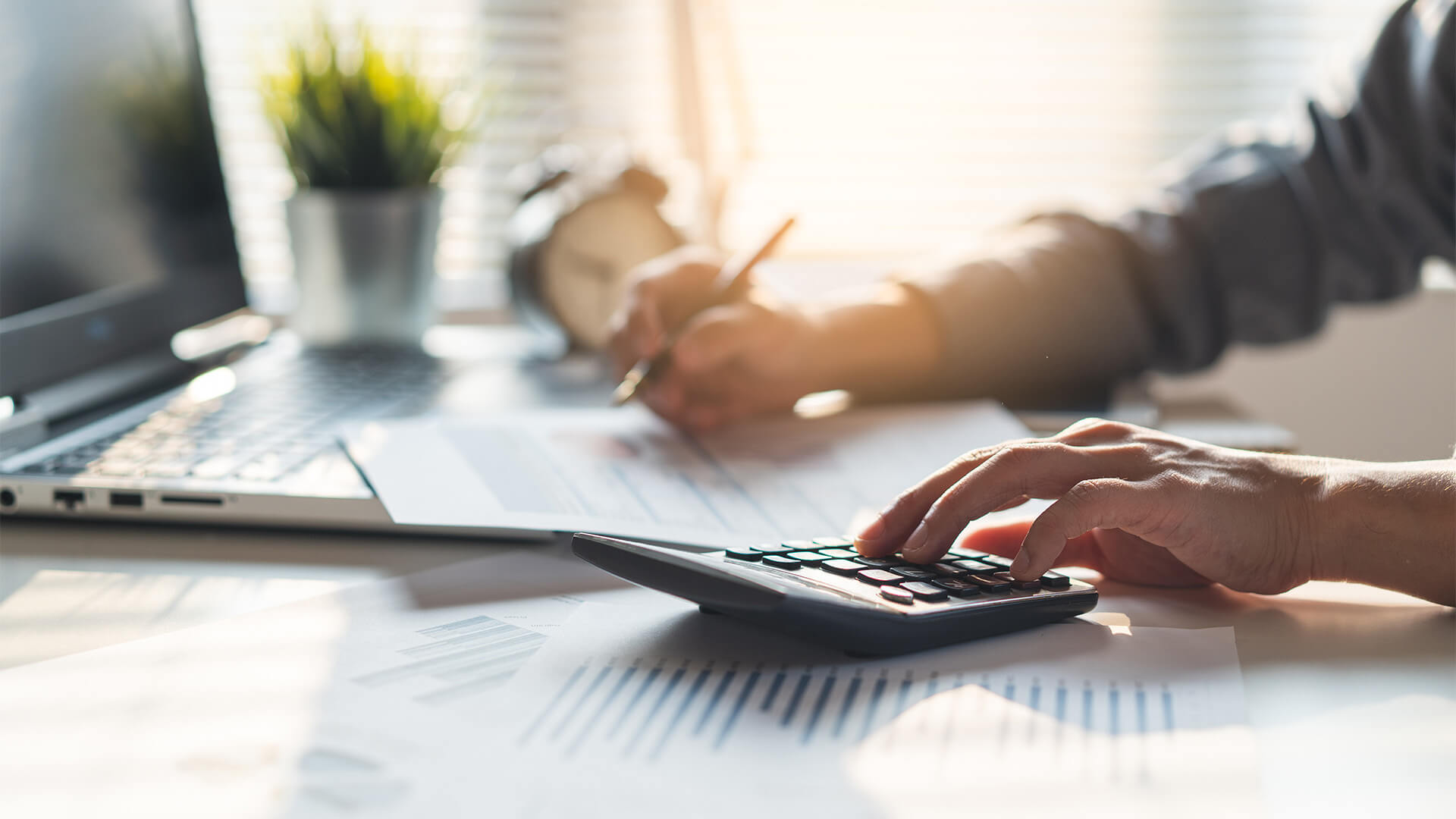Becoming self-employed is one of the first steps to being your own boss and becoming financially free. However, with increased income comes increased responsibilities, and a major one is handling your taxes instead of your employer handling them for you. Moreover, the tax filing and payment process are more challenging when self-employed. The following are important tips to handle your taxes when you are self-employed:
1. Start Early
The best advice you will receive and follow as it pertains to paying taxes as a self-employed individual is to start the process as early as possible. Since you are responsible for your tax issues and will receive little help, you should start working on it as early as possible. The recommended time is six months before the tax filing deadline. For example, the filing deadline in Mexico is 30th April so you should start by November. Starting early will allow you to review all you need to do and plan accordingly. You will be able to rectify any mistakes along the way and have a cushion for dealing with issues like missing deadlines.
2. Estimate Your Tax Bill Ahead of Time, So You Can Put Aside Money Toward It
If you start early, you will also have the chance to do various beneficial things, like calculating your tax bill ahead of time. Doing so is crucial because you can start putting money away specifically to pay your taxes. No one will deduct it from your paycheck, so it’s best to have an account specifically for tax payments. KeeperTax’s calculator should help you calculate your tax bill as long as you have all the necessary information. A great tip is to keep all your receipts as they will be indispensable in helping you calculate your tax bill ahead of time. Leave a margin of error in case your taxes are higher than expected, so you can still pay them in full.
3. Know Your Business’s Legal Structure
An important choice you have to make when starting your own business is the legal structure of your business. Your business could be a sole proprietorship, partnership, LLC, or S-corporation depending on the country or region. For example, there are different structures in Europe vs North America.
It is crucial for many reasons, including determining how much and the type of taxes you will pay. It will also help you with tax planning for the year until you have to pay them. You may need the assistance of a tax attorney to know exactly which taxes you should pay, but self-education is also crucial. The legal structure of your business also determines which deductions you can make.
4. Have A Clear Understanding Of Your Earnings and Expenses
You should be clear on how much money you make as a self-employed professional, but it will be more critical during tax time. You should keep all the pertinent documents as long as necessary to ensure you report the correct income amount. Under-reporting your income can put you in significantly hot water with the IRS. Diligently go through your bank statements to ensure you pay the right amount. You should also know the expenses you can write off when filing taxes. You can deduct many expenses when providing clients with services which can save you a lot of money which is why you need to keep all your documents well organized.
5. Get Help
If you are a newly self-employed person or are having trouble filing your taxes, you should get help. You may have to pay a small fee while trying to cut costs for your business. However, it is much cheaper to pay for tax filing help than deal with the tax authorities. The good news is that some professionals specialize in offering such help to self-employed individuals. Find other self-employed people and ask them for advice.
Tax filing time is challenging for most self-employed people. The extra responsibility of handling taxes while running a business can be overwhelming. The above tips should help you have an easier time and avoid any trouble with the tax authorities.






